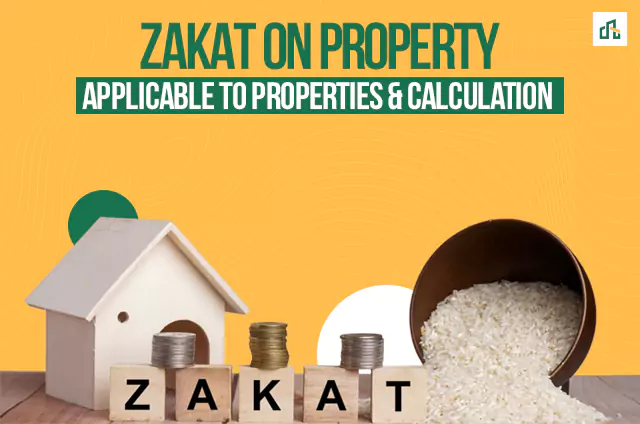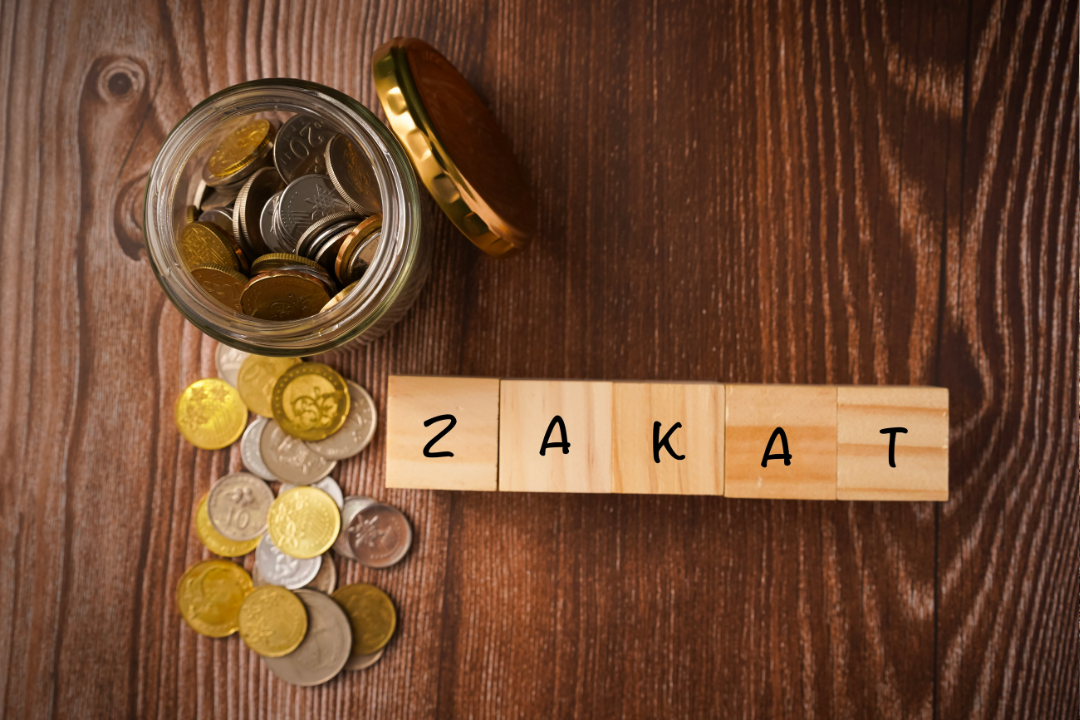Zakat, one of the five pillars of Islam, is a mandatory form of charity that purifies wealth and fosters social welfare. While commonly associated with cash and gold, zakat also applies to real estate and property holdings. Understanding the intricacies of calculating and fulfilling zakat obligations on real estate is crucial for Muslims seeking to comply with their religious duties and contribute to the betterment of society. This comprehensive guide aims to demystify the concept of zakat on real estate, providing clear explanations, practical examples, and answers to frequently asked questions.
What is Zakat?
Zakat is an obligatory annual payment made by eligible Muslims on their accumulated wealth. It serves as a means of purifying one’s possessions and ensuring a more equitable distribution of resources within the community. The fundamental principle behind zakat is that wealth is a trust from Allah, and a portion of it must be allocated to those in need. The specific percentage and eligibility criteria for zakat vary depending on the type of asset.

What is Zakat on Real Estate and Property?
Zakat on real estate and property refers to the obligatory charitable contribution on the value of owned real estate assets. This includes residential properties, commercial buildings, land, and any other form of real estate held for investment or personal use. The underlying principle is that real estate, like other forms of wealth, is subject to zakat if it meets certain conditions.
Eligibility Criteria for Zakat on Property
To determine whether zakat is due on your real estate holdings, consider the following criteria:
Purpose: The property must not be used for personal needs or necessities, such as your primary residence. Properties held for investment, rental income, or future development are generally subject to zakat.
Ownership: The property must be owned outright or held under a leasehold agreement where the lessee has the right to benefit from the property.
Nisab: The total value of your zakatable assets, including real estate, must reach or exceed the nisab threshold. The nisab is the minimum amount of wealth that makes one liable for zakat. It is typically equivalent to the value of a specific quantity of gold or silver.
Haul: The property must have been in your possession for a complete lunar year (hawl). If you acquired the property during the year, zakat is only due on the portion of the year that you owned it.

How to Calculate Zakat on Real Estate
Calculating zakat on real estate involves determining the market value of the property and applying the zakat rate. The standard zakat rate is 2.5% of the zakatable value. Here’s a breakdown of the calculation process:
- Assess Market Value: Determine the current market value of your real estate property. This can be done through professional appraisals, comparing similar properties in the area, or consulting real estate experts.
- Deduct Liabilities: Subtract any outstanding debts or liabilities directly related to the property, such as mortgages or loans used for its acquisition or development.
- Apply Zakat Rate: Multiply the net zakatable value (market value minus liabilities) by the zakat rate of 2.5%. The resulting amount is the zakat due on your real estate property.
Example:
Let’s say you own an investment property with a market value of $500,000. You have an outstanding mortgage balance of $200,000 on the property.
Zakat Due: $300,000 x 2.5% = $7,500
Net Zakatable Value: $500,000 (Market Value) – $200,000 (Mortgage) = $300,000
Different Types of Real Estate for Zakat Purposes
Zakat regulations may vary slightly depending on the type of real estate you own:
- Residential Property: Your primary residence is generally exempt from zakat, as it is considered a basic necessity. However, if you own multiple residential properties or any property held for investment purposes, zakat may be applicable.
- Commercial Property: Commercial properties, such as office buildings, shops, or warehouses, are subject to zakat if they meet the eligibility criteria mentioned earlier.
- Land: Zakat is applicable to land held for investment or future development. If the land is used for agricultural purposes, different zakat rules may apply based on the type of crops and cultivation methods.
- Rental Properties: Zakat is due on the rental income generated from your properties. You can either calculate zakat on the annual rental income or include the market value of the rental property in your overall zakat calculation.
Common Mistakes to Avoid in Zakat Calculation
When calculating zakat on real estate, be mindful of these common pitfalls:
Excluding Investment Properties: Don’t assume that only commercial properties are subject to zakat. Residential properties held for investment purposes are also zakatable.
Underestimating Market Value: Ensure you obtain an accurate assessment of your property’s market value to avoid underpaying zakat.
Ignoring Liabilities: Remember to deduct any outstanding debts or liabilities related to the property before applying the zakat rate.
How SEMA Can Help You Pay Your Zakat on Real Estate
Calculating and fulfilling zakat obligations can be complex, especially when dealing with real estate assets. Sema offers tools and resources to simplify the process. Sema can help you:
Make Payments Seamlessly: Pay your zakat directly through the Sema platform to trusted charitable organizations.
Calculate Zakat Accurately: Utilize Sema’s zakat calculator to determine the precise amount of zakat due on your real estate properties.
FAQ
1.What types of real estate are subject to zakat?
Zakat applies to various types of real estate, including residential properties held for investment, commercial buildings, land, and rental properties. Your primary residence is generally exempt.
How is zakat calculated on rental properties?
You can calculate zakat on rental properties by either paying 2.5% of the annual rental income or including the market value of the property in your overall zakat calculation.
Can I pay zakat on real estate directly to a charity or organization?
Yes, you can pay zakat on real estate directly to eligible charities or organizations like SEMA that support the causes specified in Islamic teachings.
Are there any exemptions or deductions for zakat on property?
Yes, your primary residence is generally exempt from zakat. Additionally, you can deduct any outstanding debts or liabilities directly related to the property before calculating zakat.
Read More:
Zakat on crypto
Zakat for Empowerment: SEMA’s Health Education Programs
SEMA Zakat Campaigns
Zakat al mal decoded
Zakat and Healthcare



